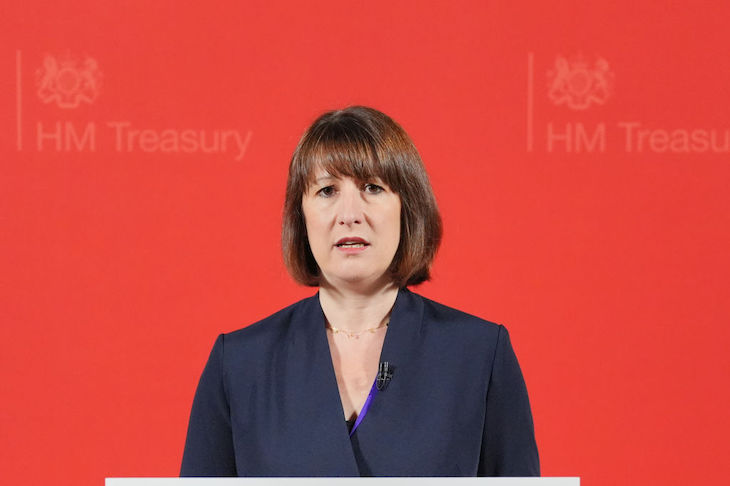It’s ‘blame the Tories’ day in Westminster as Rachel Reeves prepares to take centre stage. The new Chancellor will this afternoon publish a ‘spending audit’ of the financial challenges Labour has ‘discovered’ on entering government. Reeves will address the Commons chamber detailing these spending pressures before giving a press conference at the Treasury early this evening. It comes after Cabinet Office Minister Pat McFadden wrote to colleagues ordering them to ‘bring out the dead’ and identify looming crises in their departments. Expect high doses of political theatre throughout the day from Labour as they attempt to hammer their point home.
What tax rises is Reeves planning and will Labour face a voter backlash?
The context to all this is the autumn budget where Reeves could choose to announce a range of tax rises, despite suggesting in the run-up to the election that this would not be necessary. As she put it to the Financial Times during the campaign: ‘There are no additional tax rises needed beyond the ones that I’ve said’. Now, no-one in Labour is quite so sure this is the case. Instead, the widespread expectation is that tax rises are coming, however they will not break the Labour triple lock tax manifesto pledge not to raise income tax, national insurance or VAT. As for the immediate steps, Reeves will announce some savings that will happen from today, including axing some infrastructure projects.
So what tax rises is Reeves planning and will Labour face a voter backlash? Given all the talk in the campaign of no new taxes on ‘working people’, the obvious implication is that the focus will be on the better off and asset rich. Potential options could involve a capital gains tax increase, tweaking inheritance tax, reducing tax relief on pensions or a council tax revaluation based on property prices. In the Tory campaign attack dossier, the Conservatives also listed green levies and motorist taxes as areas where Labour had not ruled out rises.
Reeves will effectively argue for a doctors’ mandate, whereby the damage is so bad she has to be given a free pass to take the required action and steps to help the patient. Labour take inspiration from David Cameron and George Osborne’s efforts of laying a narrative over the economic inheritance to justify tricky choices. But there is a difference between the two methods. During the election campaign, the Institute for Fiscal Studies repeatedly accused the Tories and Labour of a ‘conspiracy of silence’ in their spending plans, as difficult decisions loomed. So it’s hard to say no-one knew this might happen.
Part of the reason the Tories spent much of the election campaign trying to box Labour in on tax was to make it harder for them when they did ‘the inevitable’ and changed course once in office. But back in 2010, Osborne and Cameron overtly sought a mandate for spending cuts ahead of and during the election campaign. Starmer and Reeves are doing so after winning power. It means there is a risk to Labour’s approach: that voters may feel misled.







Comments